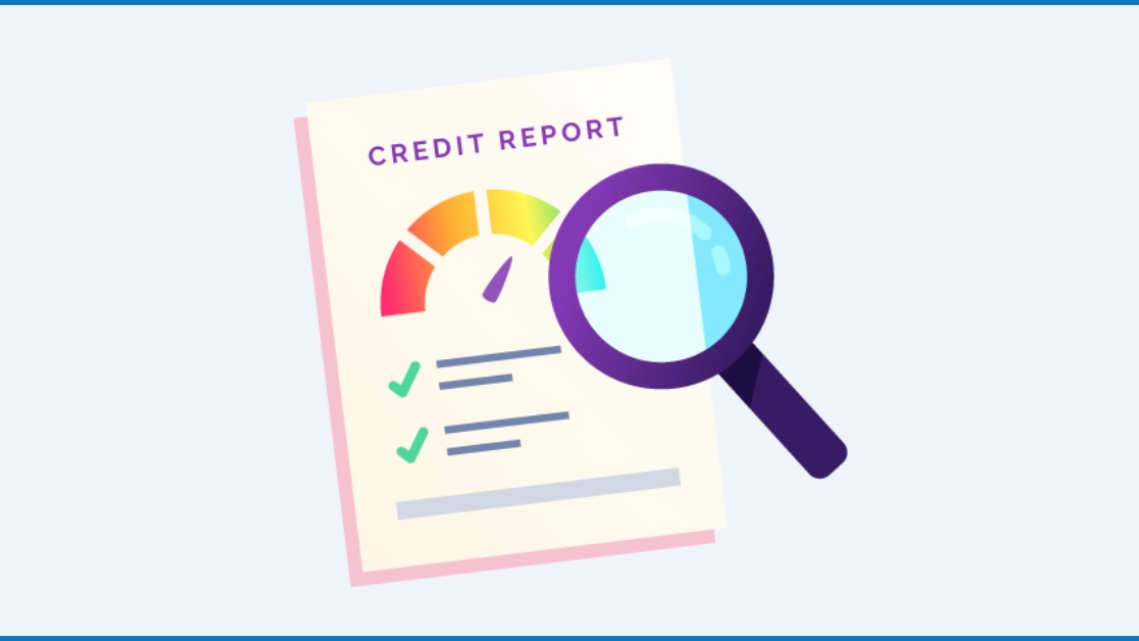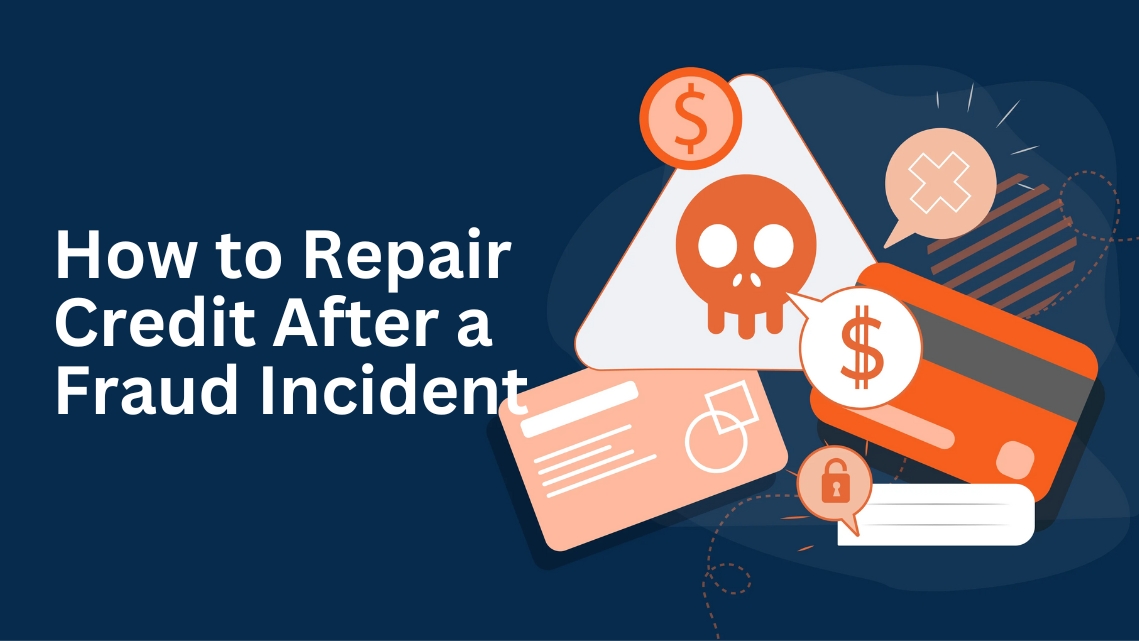As financial systems become increasingly digitized, leveraging smart data will be essential for maintaining financial health and security. Embracing these tools can lead to smarter credit management, improved credit scores, and a more secure financial future.





